The world of investing can be a confusing place, even for experienced investors. For beginners, it can make your head swim! Luckily there are many trading apps out there that can ease any starting out trader into investing, with many features that can help. Join us as we look at the best trading app for beginners UK.
Best Trading App For Beginners UK Summary
Chip
eToro
Fineco
Freetrade
Hargreaves Lansdown
Interactive Investor
Moneyfarm
Nutmeg
Plum
Trading 212
Wealthify
Wombat Invest
Table of contents
Best Automatic Investment App UK – At A Glance
Chip

Chip are an automatic investment app that use open banking to connect to your bank and analyse your spending, and find how much you can afford to invest. They then use their AI to design an investment and saving plan for your money.
Key Features
- Automated saving via the Chip AI
- Chip stocks and shares ISA
- Chip General Investment Account
- Various savings options
Costs
- Platform cost of 0.50% annually on Chip standard and 0.25% on Chip X.
- Fund fees depend on the fund you invest in, and will generally range from around 0.22% to 0.97%.
eToro
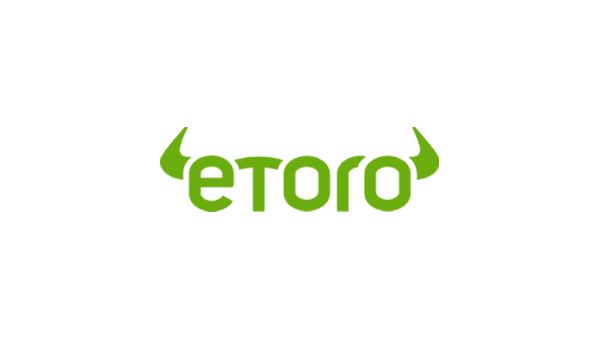
A free trading app, eToro have been very successful in the UK and beyond. Their Copy Trader function allows users to see and replicate the trades of successful traders on their platform, which can be a great learning tool for beginner investors.
Key Features
- Copytrader allows users to copy successful traders
- Free trading of assets
- Virtual $100k portfolio for practice trading
- CFD and cryptocurrency trading
Costs
- Trading stocks, shares and ETFs is free
- Depositing funds in GBP costs 0.50% to convert to USD
- $5 fee to withdraw funds
- $10 inactivity fee after 1 year
Fineco
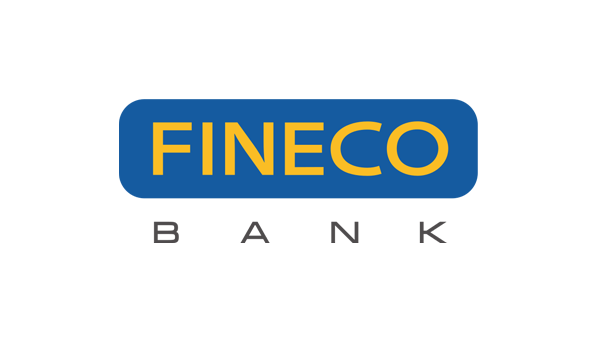
At the heart of the Fineco Bank product is their multi-currency bank account, which can be very useful beyond just investing. Their international focus gives them a huge range of assets for customers to trade.
Key Features
- Multi-currency bank account
- Wide range of assets to trade
- Managed funds available
- Stocks & shares ISA
Costs
- Trading fees: US shares/ETFs $3.95, UK shares £2.95, EU shares/ETFs 3.95 EUR
- Stocks & shares ISA – 0.25% of amount held annually.
- Managed funds platform fees, from 0.25% to free, depending on amount held
Freetrade
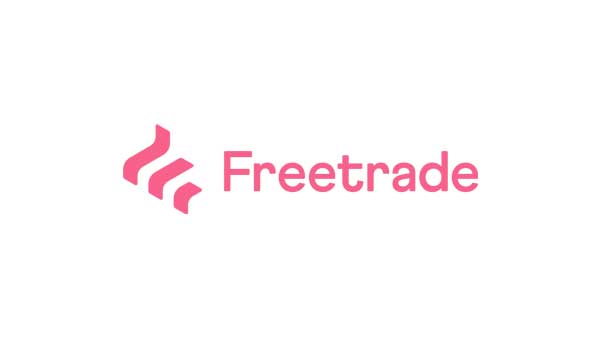
With over 1 million UK customers creating accounts with them since their launch in 2018, Freetrade have used their fee-free trading to attract many beginner investors.
Key Features
- Fee-free stocks, shares and ETF trading
- ISA, SIPP and general investment account
- Extra benefits with Freetrade Plus
Costs
- Freetrade Plus – £9.99 per month
- Stocks and shares ISA – £3.00 per month
- SIPP – £9.99 per month
Hargreaves Lansdown
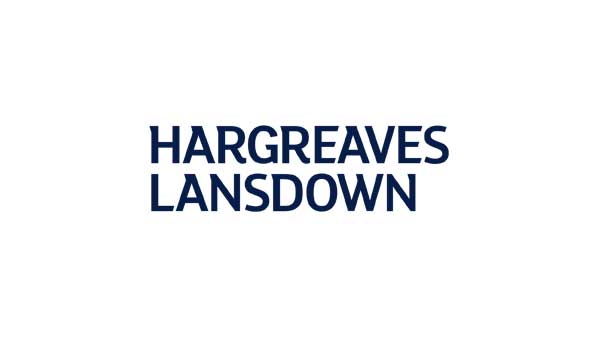
A UK investment giant, Hargreaves Lansdown has operated for over 40 years, and has 1.6 million investors holding over £120 billion in investments with them. An execution-only platform, they enable investors to trade a variety of assets, and have useful information, best buys and guides.
Key Features
- General Investment Account
- Stocks & shares ISA, Cash ISA, Lifetime ISA
- Personal Pension (SIPP)
- Extensive investment information and education
Costs
- Annual fee of between 0.45% (for amounts held under £250k) to free (over £2 million).
- Trading fees: between £5.95 and £11.95 per trade, depending on amount of trades per month.
Read full Hargreaves Lansdown Review
Interactive Investor
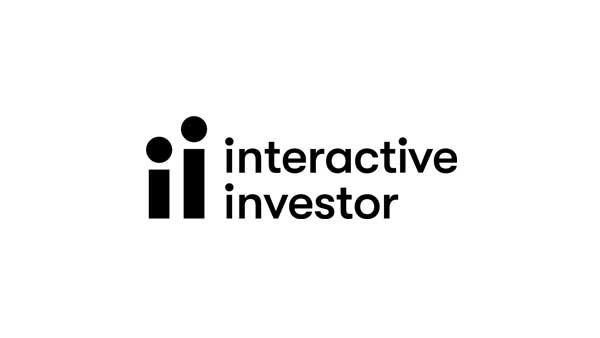
An execution-only platform that has operated for nearly 30 years, Interactive Investor is the second largest investment platform in the UK after rival Hargreaves Lansdown. They excel in the amount of investment information and resources available, which is great for beginners.
Key Features
- Flat monthly fee structure
- Free research account for practice trading
- Quick-start funds, best buys and model portfolios
- Trade a wide variety of assets
Costs
- Monthly fees – Investor – £9.99, Super Investor – £19.99
- Trading fees – Investor – £5.99 per trade, Super Investor – £3.99 per trade
Read full Interactive Investor Review
Moneyfarm
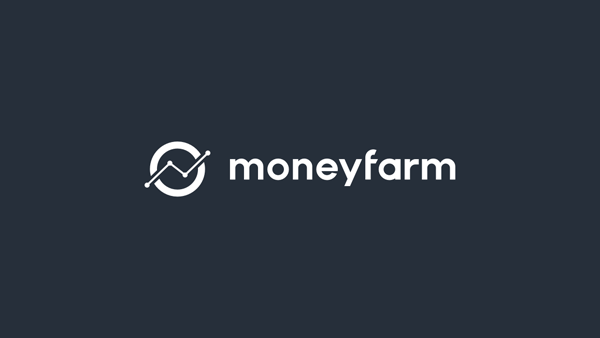
Moneyfarm are a classic robo-advisor who have automated systems to decide your investment strategy, and who originated in Italy in 2011. They have become a popular choice in the UK market, due to their sliding scale pricing and wide range of assets available.
Key Features
- ISA, Junior ISA, SIPP and General Investment Accounts
- Standard and ethical investments
- Choose your desired risk level
Costs
- Standard – 1.05% up to £10,000 invested, moving down to 0.65% if over £500,000 invested.
- Ethical – 1.04% up to £10,000 invested, moving down to 0.64% if over £500,000 invested.
Nutmeg
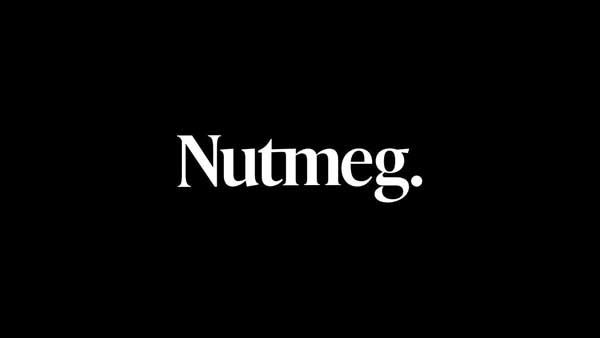
The largest robo-advisor platform in the UK, Nutmeg have operated since 2011, and claim to be ‘the largest digital wealth manager in the UK’.
Key Features
- ISA, Junior ISA, SIPP and General Investment Accounts.
- 4 distinct investment styles, focused on ETFs.
- Wide ranging risk levels.
Costs
- Socially Responsible funds range from 0.7% to 1.1% depending on amount invested.
- Standard Funds range from 0.71% to 1.04%, depending on which fund chosen and amount invested.
Plum

An automatic investment app, Plum connects to your bank via open banking, then move an amount you can afford to save into their platform. They then offer a range of investment options for your money, such as ISAs and SIPPs.
Key Features
- ISA, SIPP, GIA, savings options
- Automated AI assisted investing
- Budgeting features
Costs
- Four levels of account. Monthly fees: Basic – free, Plus – £1, Pro £2.99, Ultra – £4.99.
- Average investment fees of 0.48% annually
Trading 212
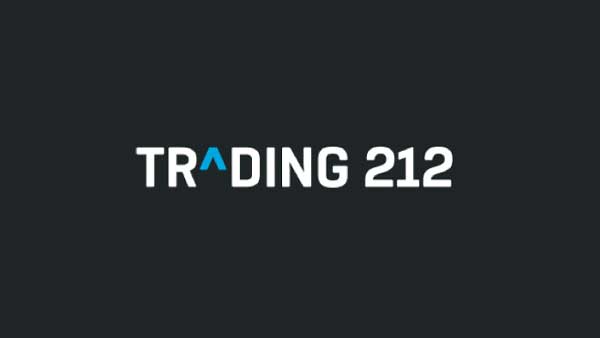
With fee-free trading and a popular CFD trading platform, Trading 212 have gained millions of customers in the past few years, and many of these are beginners taking their first trading steps.
Key Features
- Free-free stocks, shares and ETF trading
- CFD trading platform
- Fee-free stocks and shares ISA
Costs
- It is free to have an ISA and to trade stocks, shares and ETFs
- FX fee of 0.15% if trading outside your base account currency
Wealthify
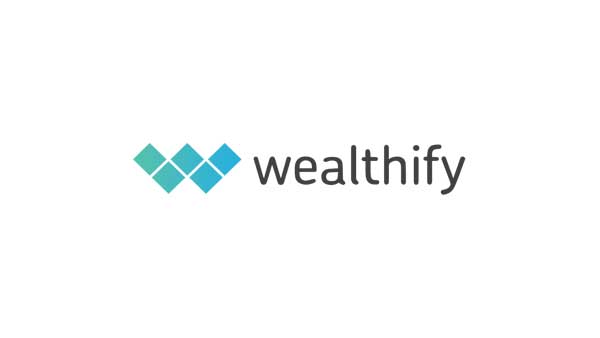
A robo-advisor owned by insurance giant Aviva, Wealthify have a simple to use product with a flat pricing structure, so small investors pay the same as those with larger holdings.
Key Features
- Flat pricing structure – fees are the same whatever amount invested.
- Owned by insurance giant Aviva.
Costs
- Standard – 0.76% of amount invested per year.
- Ethical – 1.3% of amount invested per year.
Wombat Invest
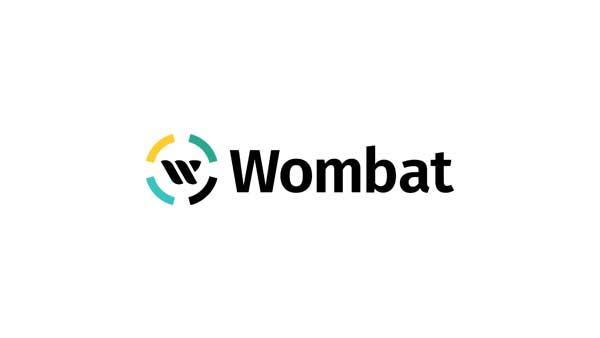
Mainly a robo-advisor, but also giving customers the option of making their own trades, Wombat Invest have targeted beginner investors since their launch in 2019. Their product has a fun, social-media style designed user interface to make trading more accessible.
Key Features:
- General investment account, stocks and shares ISA
- 26 different investment funds – focused on ETFs
- Trade shares & ETFs yourself via their Instant plan
Costs:
- Platform fee – £1 per month
- Fund fee – 0.10% of amount invested annually
- Trading is free
Read full Wombat Invest Review
What Is A Trading App?
Trading and investing has become far easier in recent years, due to the emergence of new technologies, and many financial technology companies have launched. A big proportion of these are apps that you can use for trading and investing, and the amount of people who are now getting involved with buying assets such as stocks, shares and funds (such as ETFs) has increased enormously.
In years gone by, trading and investing was often only done by those with a large amount of money, as it would generally only be possible to do it via a traditional financial advisor, and these would often have high costs and high minimum investments, which was a big barrier to entry for most people.
Now, many trading apps, in a variety of different types (which we detail below), have emerged, and all allow you to trade assets far more easily and cheaply than before, and via your computer or smartphone.
What Types Of Trading Apps Are There?
The best trading apps for beginners UK generally come in 4 different main types:
Automated Investment Apps:
Open banking is a very safe way that you can give licensed financial technology companies access to your bank. Once these apps have access, they can analyse your transactions, and give you useful insights into your finances. Automated investment apps use open banking, and use the analysis to calculate an amount you can easily afford to use for investment. They then move this amount into their platform, and give you a variety of investment and savings options.
‘Free’ Investment Apps:
Probably the most popular of all of the types of apps, due to how easy they are to use, and because they allow free trades, are the free trading apps such as Freetrade, Trading 121 and eToro. In addition to having free trades, they also allow the purchase of fractional shares i.e. you can buy only part of a share, so you can start smaller and grow.
Robo-advisors:
Operating in a similar way to a traditional financial advisor, robo-advisors replace the human element with technology, that makes the investment decisions for the customer. They take information about the customer such as risk appetite and preferred type of investment, and design an investment plan for them with their algorithms.
‘Execution Only’ Investment Platforms:
These are called ‘execution-only’ platforms, as unlike a traditional financial advisor or a robo-advisor, they do not offer financial advice. Rather, they provide a platform for the investor to trade assets, and set up ‘wrappers’ such as ISAs and SIPPs. These platforms charge a fee for each trade, and an annual percentage of the total amount you have invested in their platform.
Things A Beginner Investor Should Consider
Risk
All investments have risk, and beginners should always be aware that it is possible to lose money. It is possible to mitigate this via things such as diversification, and choosing assets to trade that have less risk. Generally, a platform that is passive i.e. they choose the assets you will invest in, will be safer for the beginner, as experts will choose the investments. On an active platform, where the investor chooses their own trades, the risk for a beginner is that they can make mistakes due to a lack of knowledge.
What ‘wrapper’ or product you will use for your trading
A lot of the trading platforms will offer you different products you can use to put your investments in. Several of these are called ‘wrappers’ and are structures you can use to invest tax efficiently, such as ISAs or SIPPs (pensions). You can also just have a general investment account which has no special tax status.
Timescales
Generally, the longer your timescale for investing, the better chance you have of a good return. Ideally you would save for decades, but at least you should think in years. This mitigates years when the stock market loses money, such as after the crash of 2008.
Active or Passive?
If a trading platform is active, then that means that you, the investor, has to decide on which assets to buy and make the trades. Free trading apps such as Freetrade, and eToro, and execution-only apps like Hargreaves Lansdown are examples of active platforms.
Passive trading apps, such as robo-advisors and automatic investment apps, will decide on which assets to buy and will make the trades for you.
Amount you wish to invest
The amount you wish to initially invest will often dictate which platform you should use, as some platforms, such as robo-advisors, have minimum investment amounts of £100 or even £500. Execution-only platforms can also be expensive if your initial investment is low, as they charge a fee of a few pounds per trade. The automatic-investment apps can be useful as they generally have minimum investments from as low as £1.
What Type Of Trading App Should I Choose?
We have compiled a list of pros and cons for each type of the best trading app for beginners UK:
Automatic Investing Apps
Pros
- As it is automatic, you potentially would not notice the amount leaving your bank, so you can save/invest without even noticing.
- Low minimum investments.
Cons
- If you are only investing a small amount each month as calculated by the app, it may take a long time to accumulate a large amount of investment.
Notable Providers
‘Free’ Trading Apps
Pros
- Due to their free or low cost trading, they can be a great way for a beginner to try out investing.
- They are easy to set up and use, so you can get going quickly.
Cons
- As these platforms don’t make much money from the trades, they may try to upsell users to riskier forms of trading where they make more money.
- These platforms have less education and guidance than other platforms.
- Users have to make the investment decisions alone, so mistakes can be made.
Notable Providers
Robo-Advisors
Pros
- Their use of technology can make them considerably cheaper than a traditional financial advisor.
- As they make the investment decisions, you don’t have to have a huge amount of knowledge about investing.
Cons
- As these platforms use technology to lower costs, you will generally not be able to speak to a human contact about investments.
- You cannot usually do your own trading on these platforms.
Notable Providers
‘Execution-Only’ Trading Apps
Pros
- Even though they do not offer financial advice, these platforms often offer a large amount of education and guidance on investing.
- The platforms generally have a very wide range of assets available to trade.
Cons
- Often the fees on these platforms get lower the more you have invested, so may be expensive for smaller investors.
- Whilst they do have guidance, ultimately the decisions on trades are down to you, so it helps to have some knowledge.
Notable Providers
Are Trading Apps Safe?
Any investment carries risk, so any beginner should ensure they completely understand what the risks are. It is always possible to end up with less money than you initially put in, and in extreme cases, it is even possible to lose your entire investment.
There are ways to mitigate this risk, such as diversifying your investment. This means that you spread your investments across many different assets, so if one goes down, the others don’t necessarily go down at the same time. A good example of this is ETFs (Exchange Traded Funds). These are baskets of assets chosen by experts that are diversified with the aim that the overall value will go up. These can be more stable than other assets, although of course still carry some risk.
There are other types of trading, such as CFD (Contracts For Difference) and cryptocurrency, which have a higher level of risk. It may be possible to make money quicker with these, but also to lose money quicker too! Any investor should be cautious and start trading with any app with their eyes wide open, and have a full understanding of the risk involved.
All of the investment platforms in this article are UK companies licensed and regulated by the Financial Conduct Authority (FCA), which means they have to follow rules that protect customer funds. This includes being covered by the Financial Services Compensation Scheme (FSCS), which mandates that each customer’s funds are protected up to £85,000 in the case of a platform becoming insolvent.
Best Trading App For Beginners UK FAQ
How do beginners buy stocks UK?
As detailed in this article, there are many ways for beginners to get started. Automatic investment apps and robo-advisors offer a passive experience, which can be a great way to get started. For those people looking to learn and actualy trade in an active way, the free trading apps and execution-only platforms are a both great options.
Which is the easiest trading to learn?
Most people start their investing journey by buying shares of companies, or of funds, such as ETFs (which are baskets of different shares). There are many other ways to trade, such as CFDs, FX trading, and even cryptocurrency, but these are much more complex and involve more risk. Therefore it makes sense for a beginner to start with basic funds and shares, so they can start to learn and understand the processes.
Is eToro good for beginners UK?
eToro has a low cost and simple app which is great for beginners, but probably the biggest asset for beginner investors is their Copy Trader function. Investors can see, and copy, the trades of successful traders on Etoro, which gives a great way to learn, but also to actually grow your wealth.
Which trading apps have no fees?
Trading apps such as Freetrade, Trading 212 and eToro allow users to buy and sell assets without a fee. Bear in mind that these apps do have some costs for things like foreign exchange or having a dormant account, so check this before you take the plunge. Also beware, as some apps, specifically eToro and Trading 212, offer riskier trading options, such as CFDs. They will make more money from this trading, so will often market these trading options to their customers heavily, so be very aware of the risks before trying it out.
Articles on the wiseabout.money website may contain affiliate links. If you click these links, we may receive compensation. This has no impact on our editorial and any money earned helps us to continue to provide the useful information on our site.
